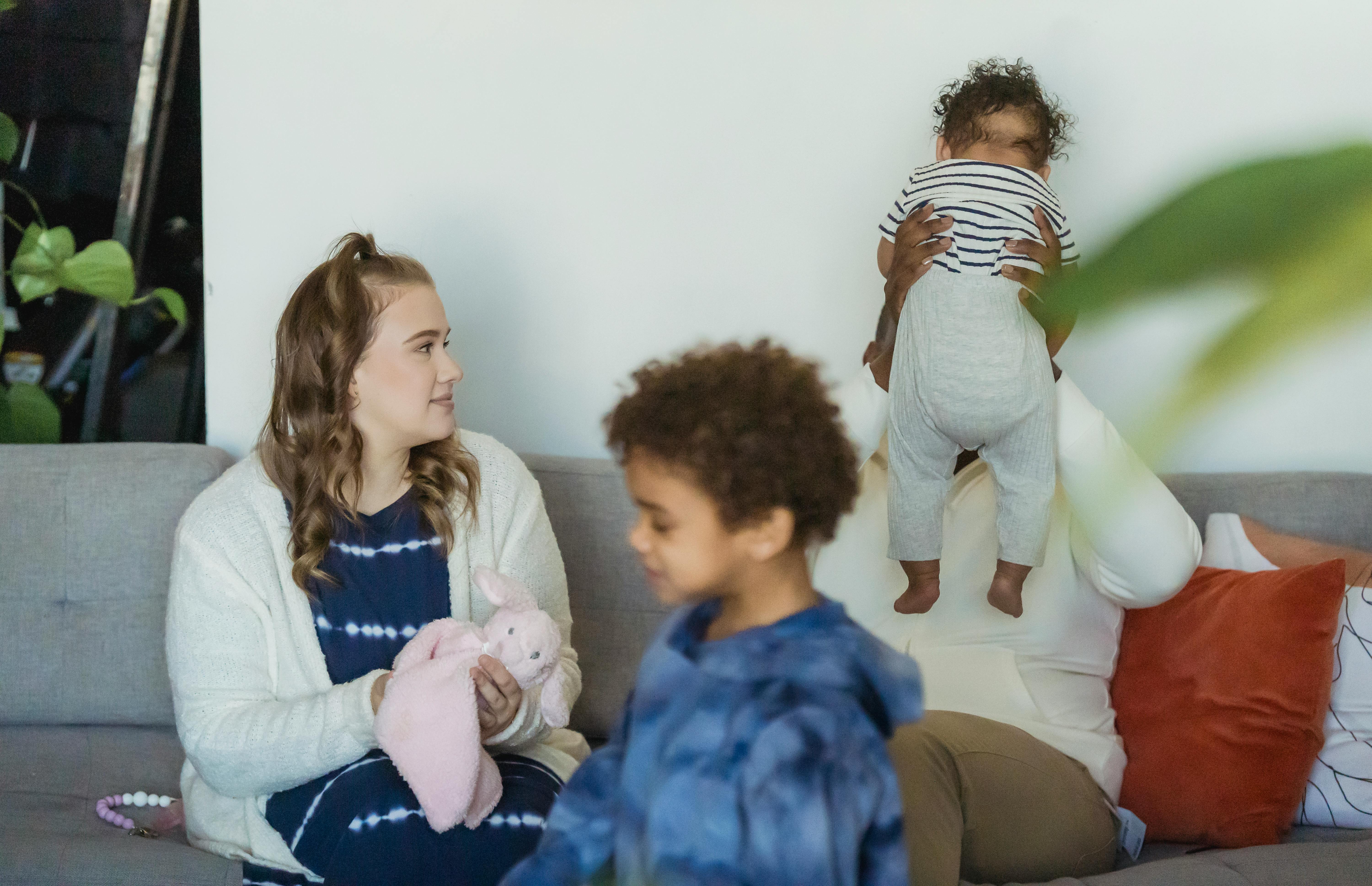Table of Contents
Building Trust with Your Babysitter
One of the most important aspects of emergency planning for your babysitter is building trust and open communication. Make sure to thoroughly vet your babysitter before hiring them, checking references and conducting interviews to ensure they are responsible and equipped to handle emergencies. Once you have hired a babysitter, take the time to discuss your expectations for emergency situations and make sure they are comfortable with the responsibilities that come with caring for your children.
On-Demand Childcare in Your Neighborhood
Book a Sitter
Creating an Emergency Contact List
A crucial component of emergency planning is creating an emergency contact list that includes important phone numbers and addresses. Make sure your babysitter has access to this list and knows how to use it in case of an emergency. Include contact information for yourself, other family members, neighbors, and emergency services like 911. It’s also a good idea to provide detailed instructions on how to reach each contact, including any specific information they may need to know about your children or home.
Knowing Your Home’s Emergency Procedures
Familiarize your babysitter with your home’s emergency procedures, including where to find emergency supplies like first aid kits, fire extinguishers, and flashlights. Make sure they know how to operate any safety equipment in your home, such as smoke alarms or security systems. If your home has specific evacuation routes or shelter areas, be sure to review these with your babysitter and make sure they understand the procedures in case of a fire, natural disaster, or other emergencies.

Teaching Basic First Aid and CPR
While you don’t expect your babysitter to be a medical professional, it’s important to teach them basic first aid and CPR skills so they can provide immediate assistance in case of an emergency. Consider enrolling your babysitter in a first aid and CPR certification class, or provide them with resources and training materials to help them learn these essential skills.
Make sure they know how to handle common injuries like cuts, burns, and choking, and review the steps for performing CPR on infants and children.
Practicing Emergency Drills
Once you have established a plan and trained your babysitter in emergency procedures, it’s important to practice emergency drills regularly. Conducting mock scenarios can help your babysitter feel more confident and prepared in case of a real emergency. Practice drills for various situations, such as a fire, severe weather, or medical emergency, and make sure your babysitter knows how to react quickly and effectively. Review the plan regularly to ensure your babysitter is always up-to-date on emergency procedures and prepared to handle any situation that may arise.
In conclusion, emergency planning for your babysitter is a crucial step in ensuring the safety and well-being of your children while you are away. By building trust, creating an emergency contact list, knowing your home’s emergency procedures, teaching basic first aid and CPR, and practicing emergency drills, you can help your babysitter feel prepared and equipped to handle any emergency that may occur. Taking the time to establish a comprehensive plan will provide peace of mind for you as a parent and help ensure the safety and security of your children in any situation.










